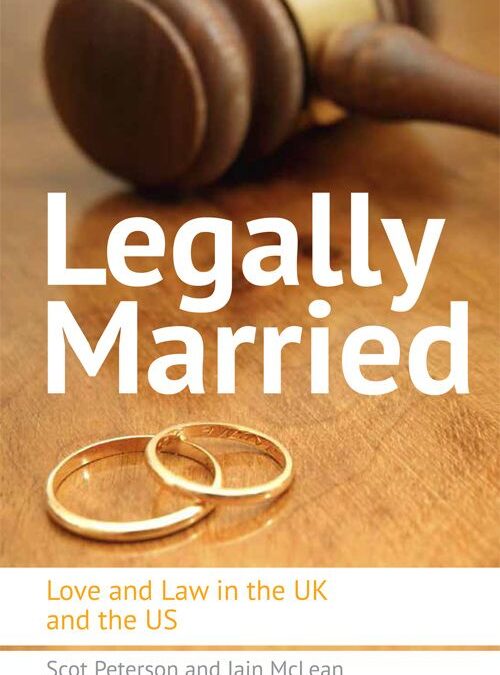Congratulations, you’re engaged! While the fun of dress shopping and cake tasting awaits, there’s one part of wedding planning that can feel a bit daunting: the legalities. But don’t worry, getting married in England is straightforward when you know the rules. This guide will walk you through the five most common legal questions asked by couples, making sure your journey to the altar is as seamless as possible.
1. What Are the Non-Negotiable Legal Requirements?
Before you can legally tie the knot in England, you must meet a few fundamental criteria. Think of this as your legal checklist:
- Age: Both you and your partner must be at least 18 years old. As of 2023, the law changed, so even with parental consent, 16 and 17-year-olds can no longer marry.
- Marital Status: You must both be single. This means you can’t be currently married or in a civil partnership.
- Relationship: You cannot be closely related.
- Giving Notice: This is a crucial step for almost all types of weddings, and it’s where many of the key questions arise.
2. What Exactly is “Giving Notice of Marriage”?
This is the most critical part of the legal wedding process in England.
What it is: Giving notice is a legal declaration of your intent to marry. It’s an official appointment at a register office where you confirm all your details and your intention to become husband and wife.
How to do it: You must give notice at the register office in the district where you live. If you live in different districts, you’ll both need to book separate appointments.
When to do it: You must give notice at least 29 days before your ceremony. The notice is valid for 12 months, so don’t give notice more than a year in advance!
3. What Documents Do We Need to Give Notice?
This is where preparation is key! Make sure you have the following marriage documents ready for your appointment:
- Proof of Nationality: A valid passport is the most common document.
- Proof of Address: You need to show you’ve lived in the district for at least seven full days before your appointment. Accepted documents often include a utility bill, bank statement, or council tax bill.
- Proof of Marital Status: If you’ve been married before, you must bring your Decree Absolute (or Final Order) to prove the marriage has legally ended. If you are a widow or widower, you’ll need your late spouse’s death certificate.
- Immigration Status: If one or both of you are not British or Irish citizens, you’ll need to provide evidence of your immigration status. Be aware that this can extend the notice period to 70 days.
4. Do We Have to Have a Civil Ceremony? What About a Religious One?
This is a common point of confusion. Here’s a simple breakdown of the difference:
- Civil Ceremony: A non-religious, legal ceremony performed by a registrar at a register office or an approved venue.
- Religious Ceremony: A ceremony held in a registered religious building, like a church or mosque.
The key to remember is that only one of these ceremonies is your legally binding marriage. Many couples choose to have a small, civil ceremony to handle the legal paperwork and then a separate, more personalized blessing or religious ceremony for their friends and family.
5. What’s the Process for a Church of England Wedding?
If you’re planning a Church of England wedding, the process is slightly different. Instead of a standard notice appointment at a register office, you will often have your “banns of marriage” read out in the church on three Sundays before the wedding. You’ll need to speak with the vicar to understand their specific requirements, which may include a connection to the parish.
Your wedding day should be magical, and getting the legalities sorted early will help you focus on the fun parts of planning. Always check with your local council’s register office or the specific venue or religious instit

